On-demand versions of our live courses usually become available about a week after the live presentation. Here are our most recent courses:
Survey of State Compounding
Law Changes 2025 and
Proposed 2026
Speaker: David A. Kosar
January 22, 2026
Innovative Compounding
Solutions for Alopecia
Speaker: Nat Jones, RPh, FAPC
December 18, 2025
Metrics that Motivate:
Setting, Measuring, and Incentivizing KPIs for High Performance and Growth
Speaker:
Emily Durham, CPhT
November 20, 2025
Don’t Be the Case Study:
Safety Lessons You’ll
Actually Remember
Speaker:
John M. Kessler, B.S. Pharm., PharmD
October 23, 2025
From Lab to Leadership:
Expanding Pharmacy
Technician Roles
Speaker:
Kristen Snair, CPhT
July 31, 2025
Inspection Readiness
Speaker:
Tyler Chamberlain, PharmD, FAPC
June 26, 2025
Building and Growing
a Successful Sterile
Compounding Pharmacy
Speaker:
Philip Wong, PharmD, BCSCP
May 15, 2025
Debunking Myths: Quality
Assurance in Sterile
Compounded Medications
vs. Commercial Drugs
Speaker:
Ross Caputo, PhD
April 10, 2025
Improving Your Pharmacy Leadership
Speaker:
Patrick Lott
March 6, 2025
Navigating Marketing
and 503B Sourcing: Best
Practices for Compounding
Pharmacies
Speakers:
Gina Besteman, RPh and
Kathleen Kane, PharmD,
BCSCP, DPLA
February 20, 2025
Survey of State Compounding
Law Changes 2024 and
Proposed 2025
Speaker:
David Kosar, NASPA
January 16, 2025
Compounding for Special Populations
Speaker:
Katherine Moutis PharmD.,
PGY1 Resident
Revelation Pharma
December 5, 2024
Preservatives in Pharmacy Compounding
Speaker:
Kayla Garris PharmD., PGY1 Resident Revelation Pharma
November 7, 2024
Telemedicine 2024 –
Compliance for Compounders
Speaker:
Mark D. Boesen, PharmD, JD
June 27, 2024
Soft Skills for Hard Jobs
Speaker:
Patricia Douglas, RPh, FACVP, FAPC
May 9, 2024
Vet GFI #256 One Year Later:
Where Are We?
Speaker:
Meghann Abbott, CVT
April 11, 2024
Demystifying the DSCSA for Compounders
Speaker:
Josh Bolin (NABP)
March 21, 2024
Patient Communications —
Are You HIPAA Compliant?
Speaker:
Denise Frank, RPh, FACA, FAPC
February 22, 2024
Survey of State Compounding
Law Changes 2023 and
Proposed 2024
Speaker:
David A. Kosar
January 18, 2024




.png?width=400&height=351&name=Frame%20104%20(1).png)


.png?width=908&height=106&name=Layer_1%20(1).png)

.jpeg?width=2000&name=AdobeStock_890310237%20(1).jpeg)